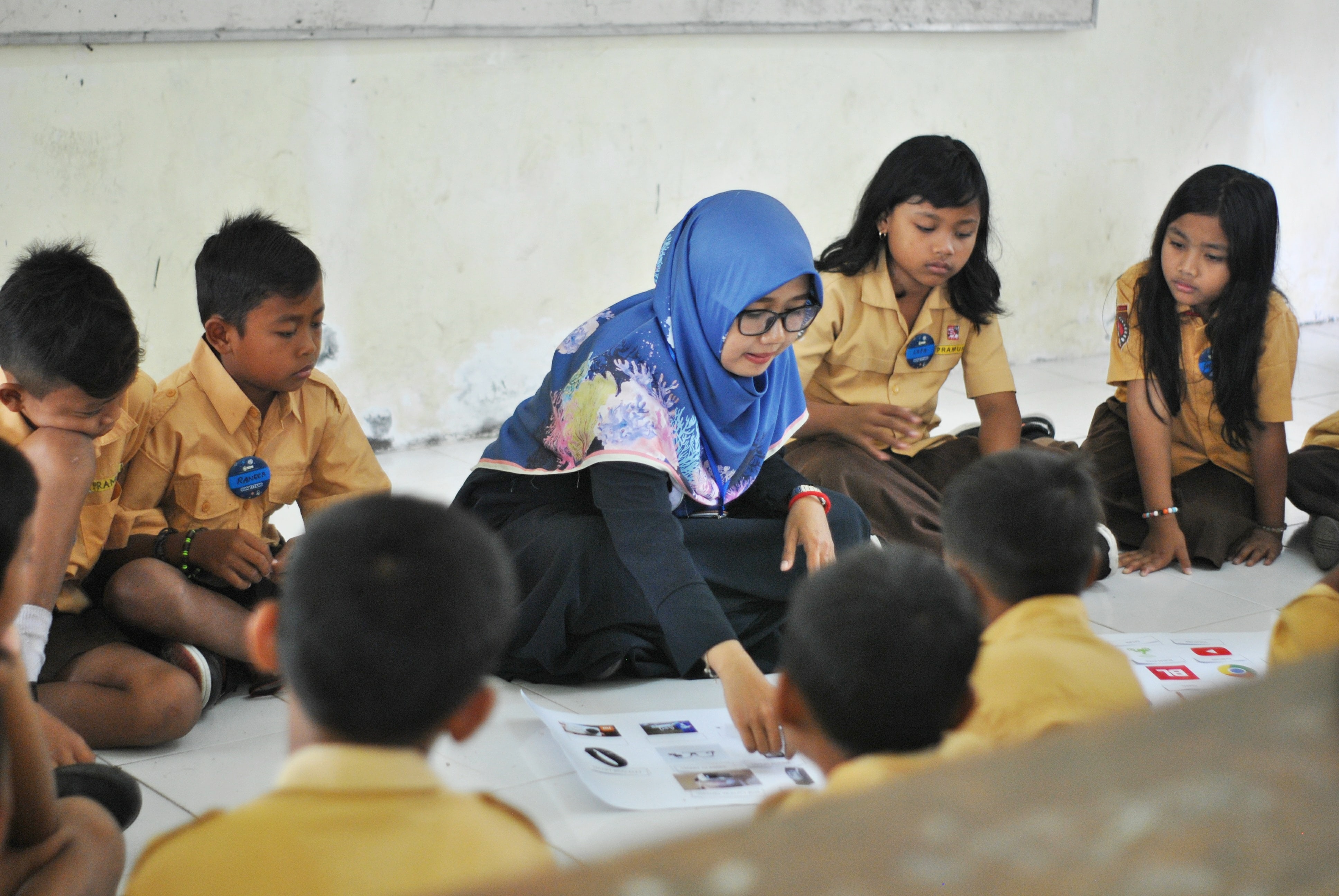
The 11th KIX EAP Webinar “Building the Capacity of Teachers @Scale for Inclusive and Equitable Quality Education” took place on February 17, 2022. Organised by NORRAG in collaboration with the KIX research grantee Teacher Professional Development at Scale (TPD@Scale) Coalition for the Global South, this event was attended by 334 participants from over 50 countries. The webinar was conducted in English with simultaneous interpretation into Russian and Arabic.
KIX EAP Webinar 11 Building the Capacity of Teachers @ Scale for Inclusive and Equitable Quality Education (EN recording) from NORRAG NETWORK on Vimeo.
Three speakers shared their experiences and the discussion continued in lively Q&A sessions.
First, Cher Ping Lim, Chair Professor of Learning Technologies and Innovation, The Education University of Hong Kong, introduced the context of TPD@Scale and presented examples of TPD@Scale models in China, India, Indonesia, the Philippines, and Uzbekistan. He formulated three key insights for designing and implementing TPD@Scale: designing for scale and localising for inclusion; matching technology choice with professional learning needs; and a constant need to act, evaluate, and improve.
Then Victoria Tinio, Executive Director of the Foundation for Information Technology Education and Development (FIT-ED), presented the TPD@Scale experience in the Philippines, illustrating the timeline of developing, field testing, and scaling the TPD@Scale model within the Department of Education, including its adaptation to the COVID-19 pandemic. She concluded with several key lessons and insights, among them that TPD should be demand-driven, system-embedded, and have a flexible design.
Finally, Bakhtiyor Namazov, Programme Specialist in Education, UNESCO Tashkent, presented a case study of Uzbekistan and explained TPD@Scale models in two different contexts in the country. He also described pressing challenges, for example, the limitations associated with digital literacy and access to information and communication technologies in the context of online programs, and suggested ways to solve those difficulties.
See additional resources shared by the speakers:
